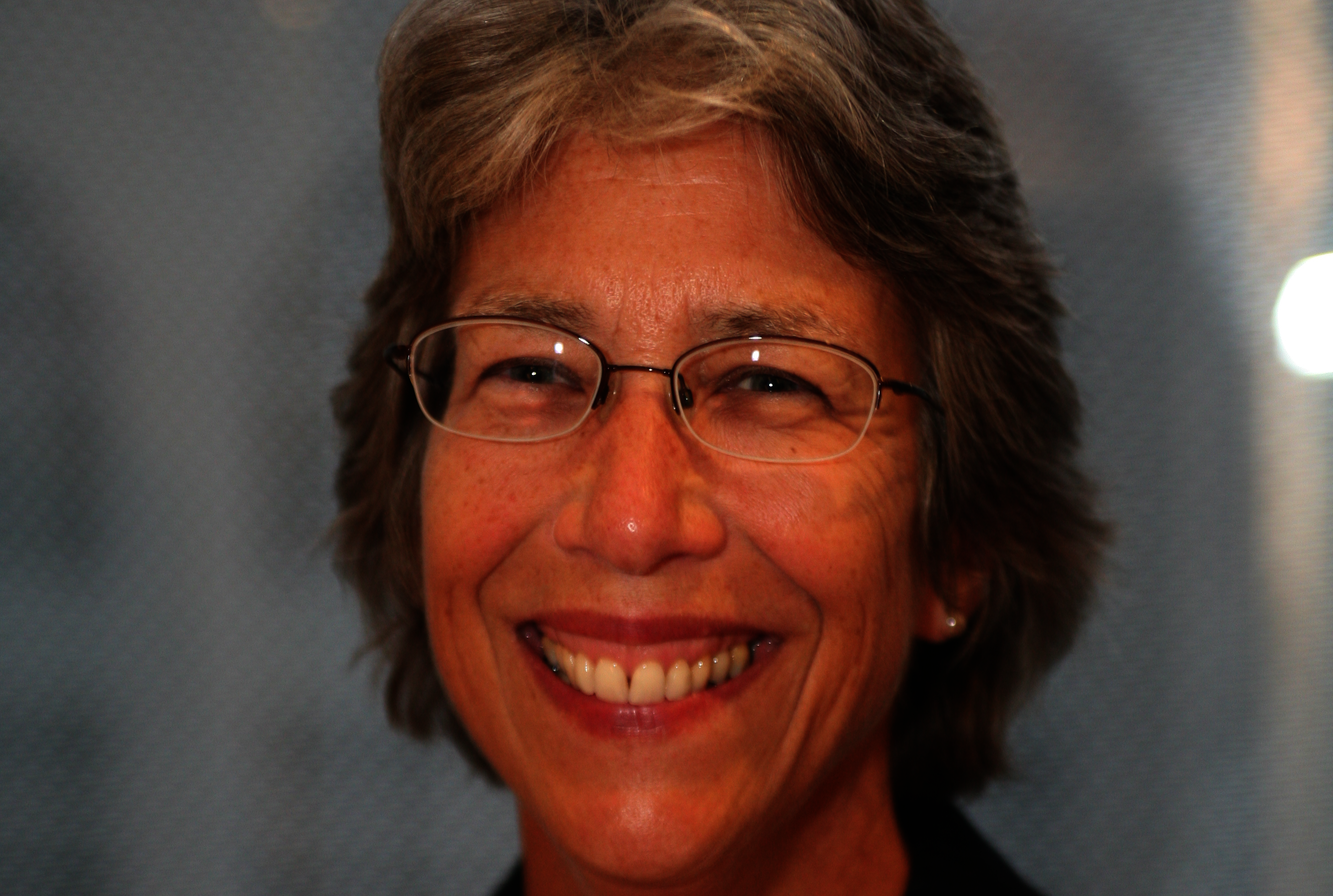Dr. Katherine Amberson Hajjar has been appointed chairman of the Department of Cell and Developmental Biology at Weill Medical College. Dr. Hajjar, who formerly was the Stavros S. Niarchos Professor of Pediatric Cardiology, has relinquished the Niarchos Professorship and has been appointed Professor of Cell and Developmental Biology. She will continue to have a secondary appointment in the Department of Pediatrics.
"Dr. Katherine Hajjar has achieved an outstanding record nationally and internationally as a basic science investigator, teacher and clinician," said Dr. Antonio Gotto, dean of the Medical College. "She has demonstrated an absolute commitment to academic medicine, and I welcome her as the new leader of the Department of Cell and Developmental Biology."
The Department of Cell and Developmental Biology is the new name of the department formerly called Cell Biology and Anatomy. Originally, the department was called the Department of Anatomy and had the major responsibility for teaching anatomy to medical students. In 1982, it was renamed the Department of Cell Biology and Anatomy. Since the anatomy curriculum has been restructured and is no longer based in the department, Dr. Hajjar requested that the name be changed to better reflect the current and future focus of the department and its faculty.

Dr. Katherine A. Hajjar, new chairman of the Department of Cell and Developmental Biology.
In addition to her responsibilities at the Medical College, Dr. Hajjar is an active member of the basic science faculty in the Weill Cornell Graduate School of Medical Sciences, where she has been professor of cell biology and genetics and also professor of physiology, biophysics and molecular medicine. She co-chairs the Graduate School's Program in Cell Biology and Genetics and previously served as chair of the Graduate Program in Physiology, Biophysics and Molecular Medicine.
Dr. Hajjar heads a vascular biology research laboratory in the College and is associate director of the Medical College's Center for Vascular Biology. She is currently principal investigator of a $7 million NIH Program Project in Angiogenesis, which is funded through 2006, as well as other grants from the NIH and March of Dimes.
She has developed a new discipline of research in fibrinolysis, thrombosis and the inflammatory response system. Her original research is focused in the area of vascular cell biology with a primary interest in the interaction of proteins of the fibrinolytic system with vascular endothelial cells. She has made many significant contributions to the understanding of blood coagulation and its relation to vascular biology, including angiogenesis, thrombosis and hemostasis. "Her work has placed her at the forefront of the science that will lead to better treatments of blood clots, which produce heart attacks, strokes and other serious disorders," said Dr. Gotto.
The author/co-author of numerous peer-reviewed scientific publications, Dr. Hajjar has presented more than 90 invited lectures on topics in her field. She serves on the editorial boards of Blood, Frontiers in Bioscience, and the Journal of Clinical Investigation. She has received several prestigious awards from the American Heart Association and served on numerous NIH Study Sections. She is a member of the American Society of Cell Biology, the American Society of Clinical Investigation and the Association of American Physicians.
Dr. Hajjar joined the Medical College in 1984 as assistant professor of pediatrics, with a secondary appointment in the Department of Medicine. She became associate professor in 1989, was awarded tenure in 1991, became professor of pediatrics in 1995, and was named the Stavros S. Niarchos Professor of Pediatric Cardiology in 1997. From 1984 to 2001, she directed the sickle cell program in the Department of Pediatrics and served as chief of the Division of Pediatric Hematology-Oncology from 1992 to 1994.
She received her undergraduate education at Smith College and her M.D. from Johns Hopkins University School of Medicine (1978). After completing her residency in pediatrics at Children's Hospital of Pittsburgh, she returned to Johns Hopkins, where she undertook a fellowship in pediatric hematology-oncology and completed postdoctoral training in the Department of Cell Biology and Anatomy under Professor Vann Bennett (1982-1984).
Department of Cell and Developmental Biology
The Department of Cell and Developmental Biology currently has seven full-time faculty, as well as a number of part-time faculty who have primary appointments in other departments. (The department "lost" some full-time faculty positions when the anatomy curriculum was restructured and the faculty who were involved primarily in the teaching of anatomy transferred to other departments.)
Going forward under Dr. Hajjar's leadership, the Department of Cell and Developmental Biology plans to recruit seven additional tenure-track faculty: five assistant professors, one associate professor, and one full professor. Two of the new faculty will be recruits under Weill Cornell's Strategic Plan for Research. In the next five years, three additional positions will be added, bringing the total number of new faculty to ten.
Dr. Hajjar has identified three specific areas for program development within the new department. These include cell cycle control and apoptosis, extracellular matrix function and remodeling, and tissue differentiation and developmental biology.
"As chairman of a department that has been undergoing significant change, I feel that I have an extraordinary opportunity to create a new department that will embrace the mission of the Medical College, to support the faculty who are already here, and to recruit new basic scientists who will enable the department to develop its full potential," said Dr. Hajjar. "As we build the new Department of Cell and Developmental Biology, we hope to integrate more effectively with other departments at the Medical College and to strengthen our role in the Graduate School of Medical Sciences."
Dr. Hajjar shares her interest in vascular biology with her husband, Dr. David Hajjar, the Frank H.T. Rhodes Distinguished Professor in Cardiovascular Biology and Genetics at Weill Cornell, who serves as vice provost in the Medical College, dean of the Weill Graduate School of Medical Sciences, and director of Weill Cornell's Center for Vascular Biology. They met at a Medical College event.
Photo by Amelia Panico.

